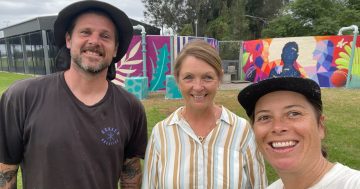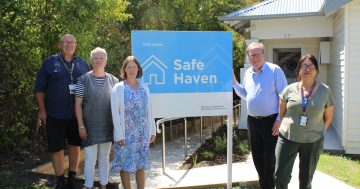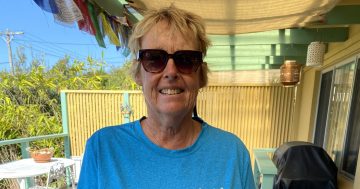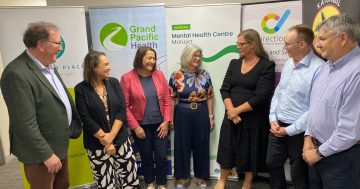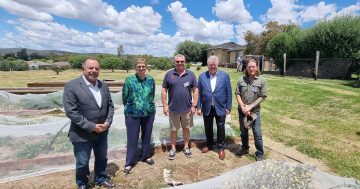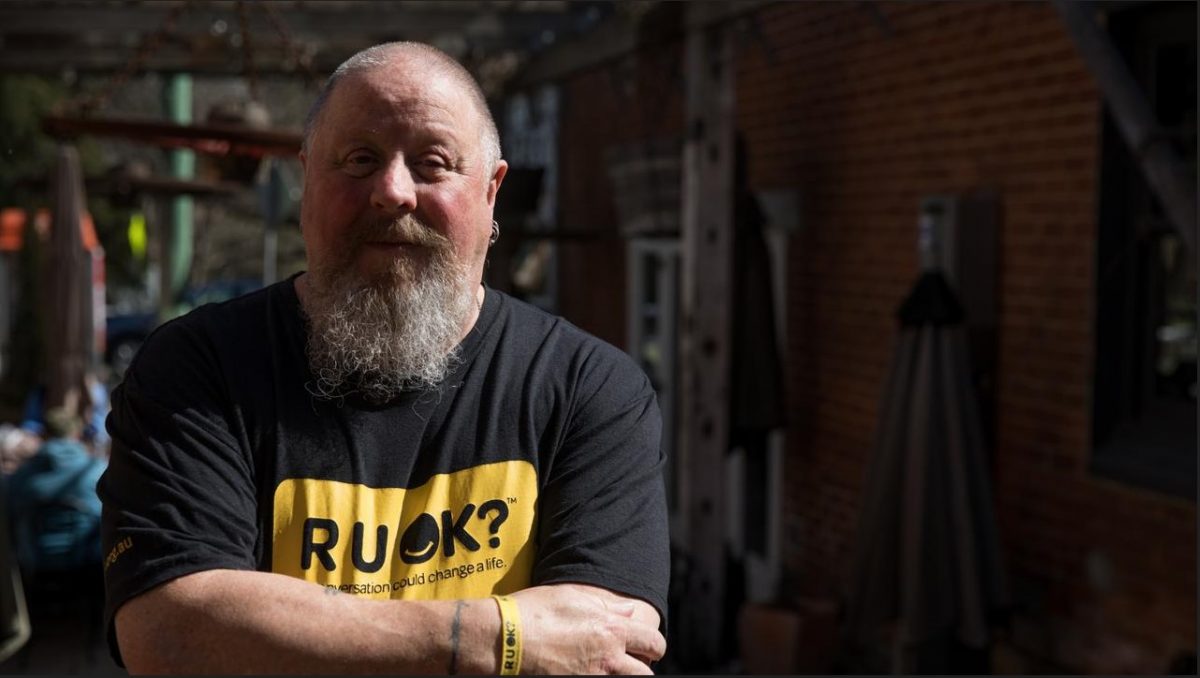
Glen Cotter is a member of Suicide Prevention Australia’s lived experience advisory panel and ACT/NSW regional board, and has been an R U OK? ambassador since 2018. Photo: Glen Cotter.
A new collaborative dedicated to the prevention of suicide in the Eurobodalla and Bega Valley has formally launched at the Commemorative Civic Centre in Bega. Known as the Collaborative, it’s been organised by a collective of 18 local organisations and consists of more than 30 members with professional expertise or lived experience with suicidality.
Their purpose is to attract greater attention to the issue of suicide on the South Coast, more government funding for the region’s mental health services, and push for a coordinated response for anyone who has died by suicide.
These vested members of the steering committee will be running quarterly meetings open to the public, so they can come and learn from experienced individuals in a non-judgmental environment.
One member is Glen Cotter, who has worked as a lived experience peer worker and mental health advocate in the region for decades.
“I’ve gotten involved because over the years, we’ve sat and watched regional services not get the same access or support that capital cities do,” Glen said.
According to data from the Australian Institute of Health and Welfare (AIHW), major cities are home to a higher number of deaths by suicide but, proportionally, have fewer than regional areas.
The committee’s remit stretches from the Victorian border to Ulladulla, a huge area that Glen said was the most challenging part for the region.
“In suicide prevention, there is not a lot of help out there, especially for face-to-face services,” he said.
“My Bega office is 75 kilometres away from someone on the other side of Eden who doesn’t have public transport or enough money to put fuel in the car.
“As we found during the Black Summer and COVID periods, there’s a lot of push for telehealth, which doesn’t really work in regional areas due to the lack of good mobile and internet coverage.”
In 2021, the University of Canberra released its findings from a wellbeing survey, which said that fewer than one in four regional NSW residents reported having good access to mental health services.
From 2020 to 2021, AIHW data found a marked drop in regional areas’ usage of MBS-subsidised mental health services, in comparison with those in more urban environments.
In the following year, the situation improved for inner-regional areas such as Batemans Bay, now matching that of major cities. Yet for the rest of the South Coast classified as outer regional by the ABS, it is still low.
“On paper, we have quite a number of services down here, but a lot of them have only one or two staff members working on a casual basis,” Glen said.
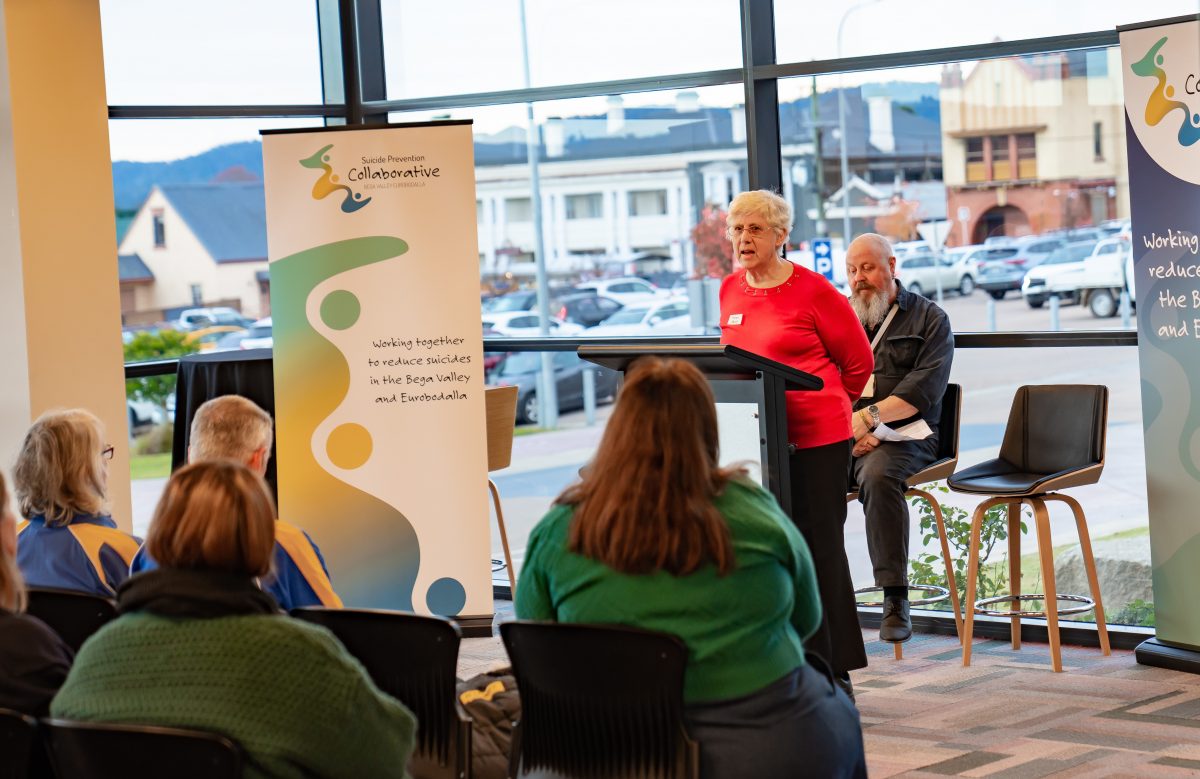
Helen Best, lived experience advocate and Chair of the Bega Valley Suicide Prevention Action Network speaks at the launch of the Collaborative. Glen Cotter is seated behind. Photo: South Eastern NSW PHN.
Fortunately, the collaborative has been able to establish a Suicide Prevention Outreach Team (SPOT) operating out of the Bega South East Regional Hospital. Glen said this had been crucial in getting more on-the-ground peer and social workers to provide support in the region.
“Mental health doesn’t happen nine to five, Monday to Friday,” he said.
”We’re lucky now that the SPOT team in Bega is operating Tuesday to Saturday, but the highest number of presentations to the emergency department is around midnight and two o’clock in the morning.
“Our emergency systems are overloaded. We need to get better funding into services so they can be open around the clock.”
Another part of the collective’s work will be to provide better referral pathways so more of those in need can access their GP and acquire a Mental Health Care Plan before it’s too late.
Glen said there were plenty of organisations working in the region, such as The Man Walk and R U OK?, but there was still a long way to go in terms of cultural understanding.
“We still have work to do in breaking down the stigma that it’s not OK to ask for help,” he said.
”Seventy per cent of the people who reach out are women, so the ladies have got it figured out, but we men are still pretty stupid.
“It’s not scary, you don’t have to have that big presentation at the emergency unit or some very stigmatising event. You can reach out, you can get help early, it’s just a matter of helping people understand.”
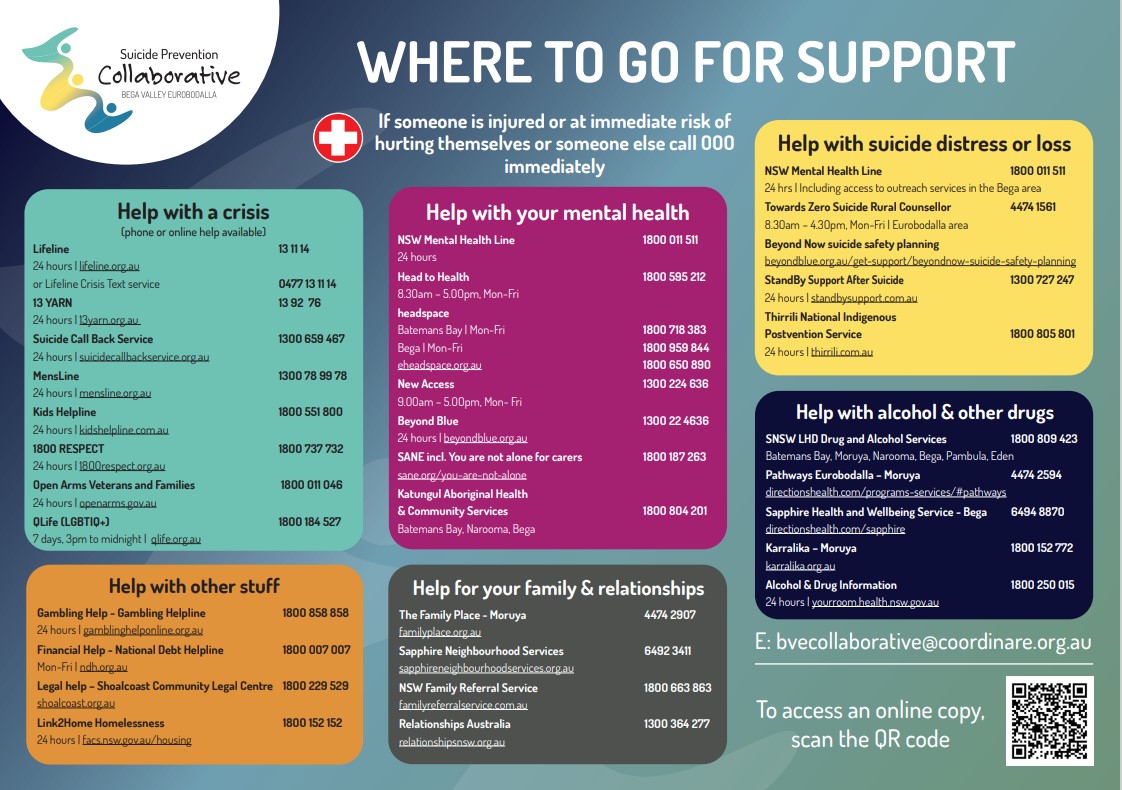
The Collective has created this poster detailing all the support services available for those in need within the South Coast region. Photo: South Eastern NSW PHN.
For those interested, you can contact the collaborative via their email.
If you or someone you know are experiencing distress, contact Lifeline on 13 11 14 or visit their website.







